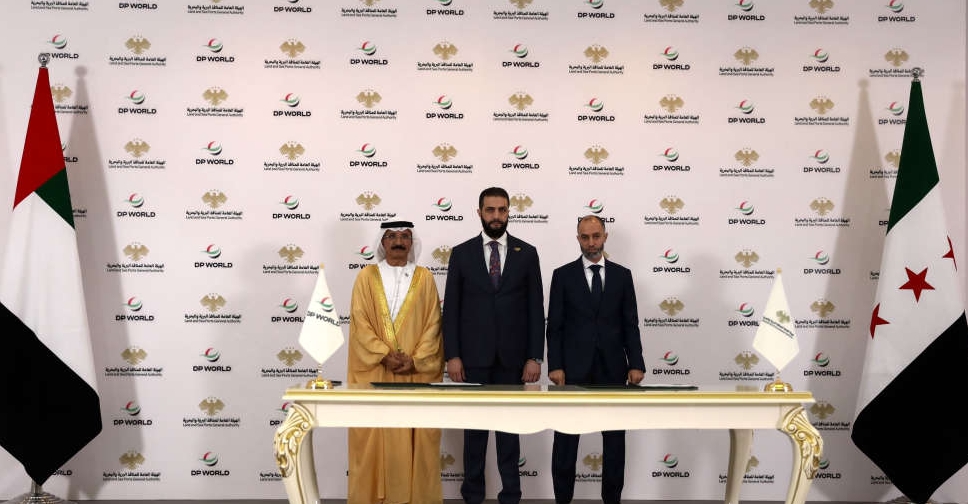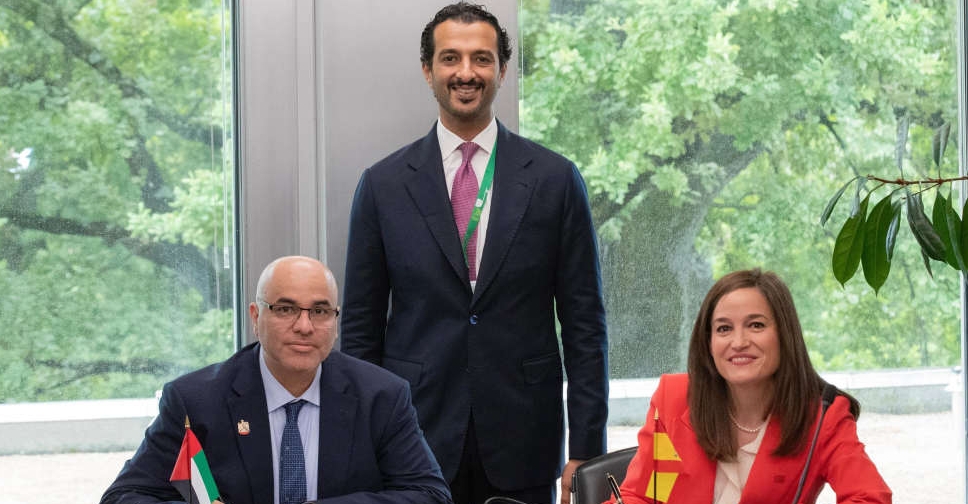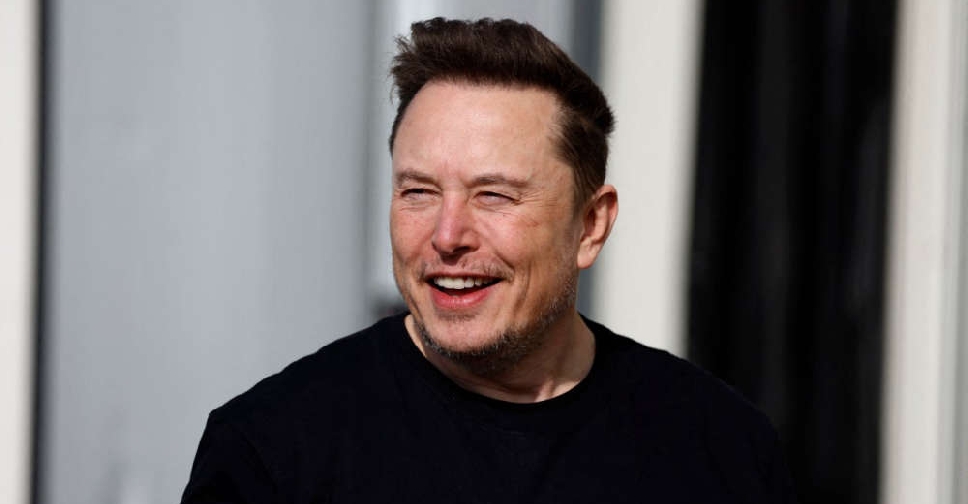
Saudi Arabia is ready to consider a surprise deal with fellow OPEC members, attempting to mend divisions that had grown so wide many dubbed the group as good as dead. As ministers prepared to meet in Vienna on Thursday, the organization’s largest oil exporter was discussing ideas including restoring a production target scrapped in December, according to delegates familiar with the situation, asking not to be named because the talks are private. Still, no formal proposal has yet been made and Iran’s minister said a new output ceiling wasn’t an attractive plan. Although the Organisation of Petroleum Exporting Countries regularly ignores its own output targets and there was no suggestion anyone would cut production, even token gestures could show a renewed unity and lift prices. Options under discussion included a new ceiling of 32 million barrels a day, said Amrita Sen, chief oil analyst at consultant Energy Aspects Ltd. That’s close to the 32.4 million barrels a day the group is estimated to have produced in April. "Contrary to market speculation, Saudi Arabia is open to cooperation," Sen said in a report. Iran’s Stance Any deal will depend on Iran, which until now has rejected any cap on its production. Saudi Arabia and its allies, including the United Arab Emirates, have said in the past that Iran needs to participate in any deal. An April meeting in Qatar of oil producers from OPEC and beyond ended in a failure because Iran refused to sign up. Arriving in Vienna, Iranian Oil Minister Bijan Namdar Zanganeh said he wants individual quotas for members rather than an overall production ceiling. The country’s priority is having room to restore production after the end of economic sanctions last year. Despite the obstacle’s to a deal, Riyadh’s change of tone is striking and may reflect the desire of Khalid Al-Falih, who last month became Saudi Arabia’s first new oil minister in more than 20 years, to start his tenure with a successful meeting. Still Relevant Introducing a ceiling would show that "OPEC is still important to the oil market," Gary Ross, chairman of PIRA Energy, a New York-based oil consultant, said. It would signal that "despite political differences, they can work together to achieve similar economic interests - this is certainly a more positive outcome than the market expected," he said. A deal would be a shock. Last month, only one of 27 analysts surveyed by Bloomberg said they expected an output target from OPEC’s meeting The conciliatory message is an attempt to end a dark period for OPEC in which some analysts declared the organization effectively dead. In 2014, Saudi Arabia and its Gulf Arab allies decided to ditch production constraints in favor of a market-share strategy and prices crashed, bringing financial pain to many members and causing several rancorous meetings. This week’s diplomatic maneuvering coincides with an oil price recovery from 12-year lows earlier this year. Crude benchmarks are hovering near their highest in more than six months after briefly beaching $50 a barrel in New York and London. “From the beginning of the year until now, the market has been correcting itself upward,” U.A.E. Oil Minister Suhail Al Mazrouei told reporters in the Austrian capital on Tuesday. “The market will fix itself to a price that is fair to the consumers and to the producers.” (By Javier Blas, Grant Smith and Angelina Rascouet/Bloomberg)


 Wizz Air to exit Abu Dhabi operations
Wizz Air to exit Abu Dhabi operations
 DP World to develop Syria’s Tartus Port under $800 million agreement
DP World to develop Syria’s Tartus Port under $800 million agreement
 UAE strengthens intellectual property ties with Spain, Morocco
UAE strengthens intellectual property ties with Spain, Morocco
 SpaceX to invest $2 billion in Musk's xAI startup, WSJ reports
SpaceX to invest $2 billion in Musk's xAI startup, WSJ reports



